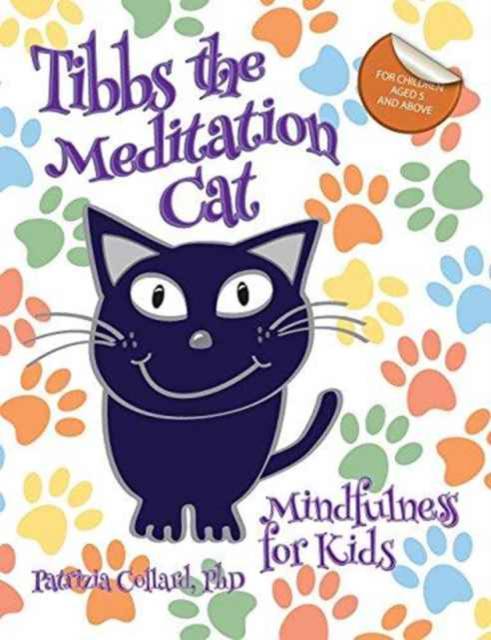
- Retrait gratuit dans votre magasin Club
- 7.000.000 titres dans notre catalogue
- Payer en toute sécurité
- Toujours un magasin près de chez vous
- Retrait gratuit dans votre magasin Club
- 7.000.000 titres dans notre catalogue
- Payer en toute sécurité
- Toujours un magasin près de chez vous
Description
Scientific evidence supports the view that mindfulness helps us improve our attention-spans, gain a greater sense of self-control, and develop a stronger sense of resilience.
There's a strong sense that mindfulness might also contribute meaningfully to young people's wellbeing, resilience and character-development. In addition to assisting with the acquisition of a number of skills and capabilities, it's considered that mindfulness might also serve to raise educational standards.
So, what exactly is it that has caused so many of us - even all-party government committees - to stand up and take notice? After all, mindfulness can be a big word - and a big concept - for many of us to take to heart.
With kids, especially younger kids, it's enough to say that mindfulness is about awareness. It's nothing more than noticing our present-moment feelings, our thoughts, and how our body feels.
Even more exciting, pretty much anybody can learn its basic principles. It's not the least bit necessary to know one jot about the historical developments and the links to meditation - or to study the emerging body of research that seeks to explain the 'science' behind the timeless principle of mindful awareness.
With regular and shorts bursts of practice, you'll find that 'being mindful' amounts to a set of simple techniques that soon become second nature. Eventually it's easy to go back to that 'place' of focus - and kids of all ages (maybe you include yourself in this category) can learn to do this entirely of their own accord, just like Tibbs the Meditation Cat!
Spécifications
Parties prenantes
- Auteur(s) :
- Editeur:
Contenu
- Nombre de pages :
- 56
- Langue:
- Anglais
Caractéristiques
- EAN:
- 9780955362972
- Date de parution :
- 01-12-16
- Format:
- Livre broché
- Format numérique:
- Trade paperback (VS)
- Dimensions :
- 189 mm x 246 mm
- Poids :
- 154 g







